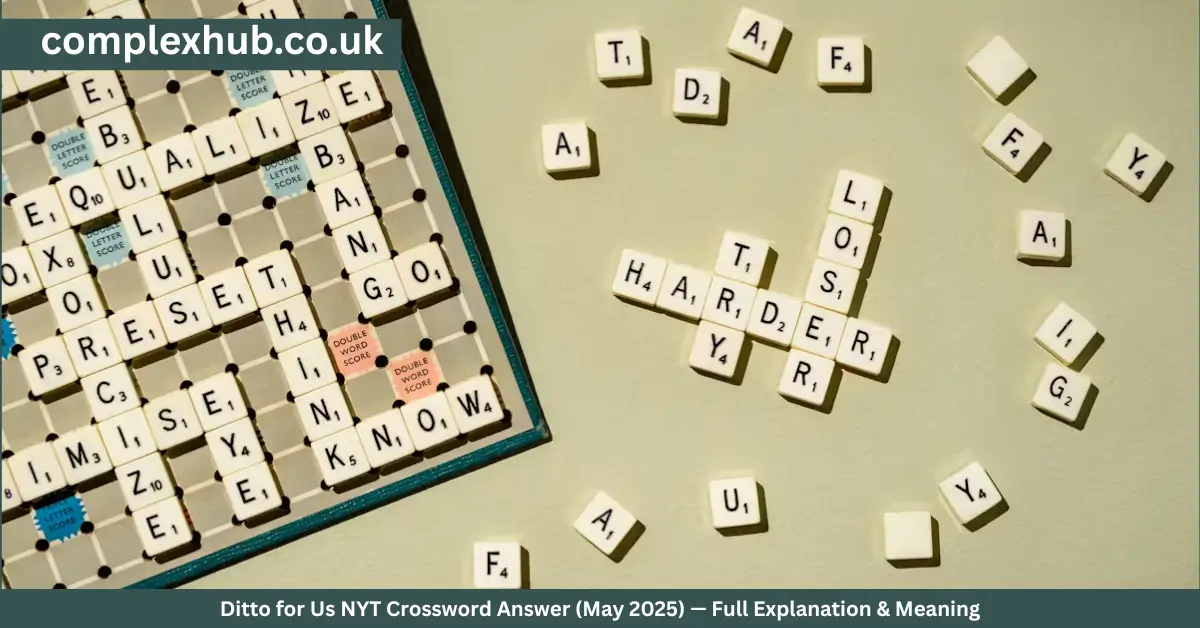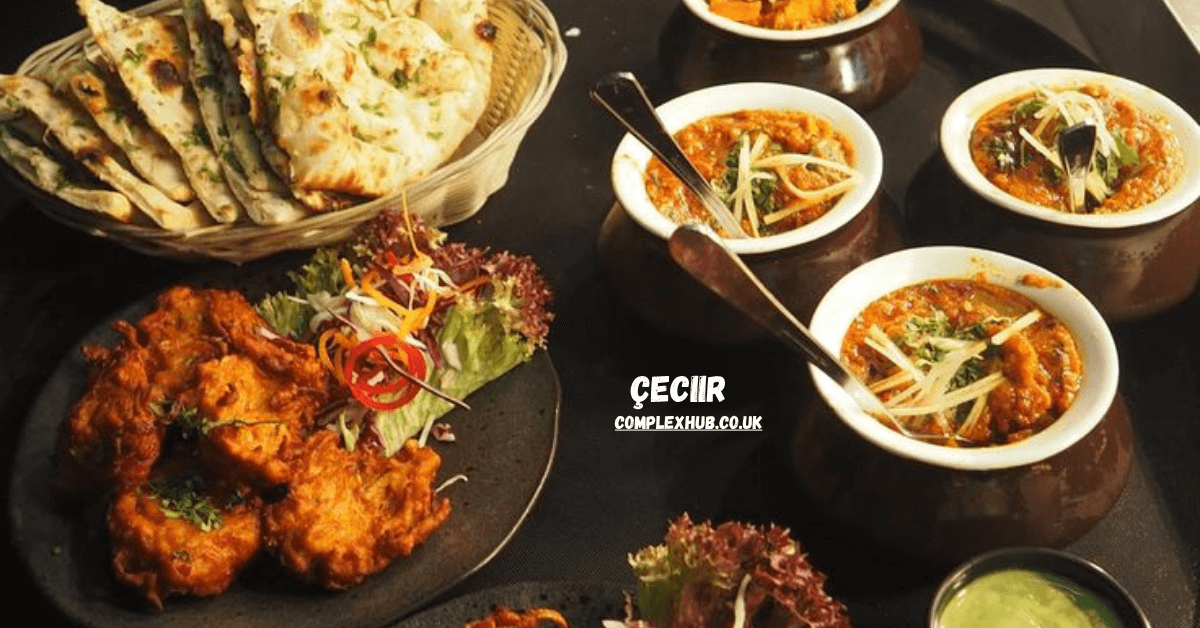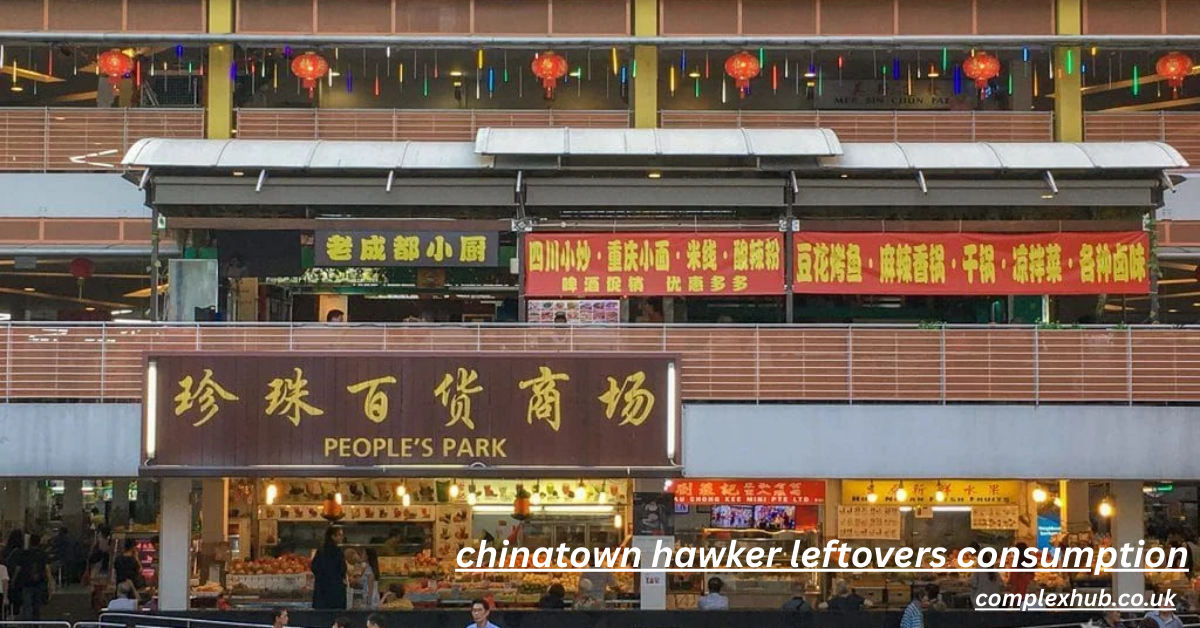
In the heart of Singapore’s vibrant Chinatown lies a story that stirs both empathy and ethical reflection—elderly individuals consuming leftovers at hawker centres. This phenomenon, recently spotlighted by Shin Min Daily News, has unfolded at the iconic People’s Park Centre, stirring public curiosity and discussion about food waste, dignity, and community values.
This article unpacks the nuanced practice known as Chinatown hawker leftovers consumption. With a balanced tone and evidence-based insight, we explore the motivations, health implications, societal views, and the growing influence of freeganism in Singapore.
What is Chinatown Hawker Leftovers Consumption?
Chinatown hawker leftovers consumption refers to the act of elderly individuals—often patrons or passersby—consuming food left behind on trays in tray return areas within hawker centres, particularly at People’s Park Centre. Observed discreetly yet frequently, this behavior has triggered public concern, admiration, and introspection.
This isn’t just about leftover food; it’s about food ethics, urban sustainability, and dignity. The act, while seemingly simple, is layered with complex motivations and emotional depth. It offers a microcosm of wider conversations on food waste, public health, and ethical consumption in modern urban societies like Singapore.
Elderly Individuals Consuming Leftovers at People’s Park Centre
Several elderly men were seen collecting and consuming partially eaten meals left on trays by other diners at People’s Park Centre, a bustling hawker hub in Chinatown. The report by Shin Min Daily News noted that this practice was observed during lunch hours and happened discreetly around tray return areas.
One such individual is Mr. Wang, an 84-year-old resident of Pasir Ris, who clarified that he wasn’t financially struggling. Rather, his actions stemmed from a deep aversion to food waste. “It is painful to see untouched food being thrown away,” he said. His sentiment resonates with many elderly individuals who lived through scarcity and now practice ethical consumption.
Motivations Behind Eating Unfinished Food
The primary driver behind this practice appears to be anti-food waste sentiments, rather than poverty. For seniors like Mr. Wang, who grew up in eras of hardship, watching food go to waste is emotionally distressing. Their actions reflect a generational value system rooted in respect for food and resource conservation.
Moreover, the practice reflects elements of urban food sustainability. Singapore discards around 800,000 tonnes of food annually. Reducing waste through informal food redistribution, even in this raw form, challenges us to rethink the lifecycle of food beyond the bin. It’s a personal act, yet socially and environmentally impactful.
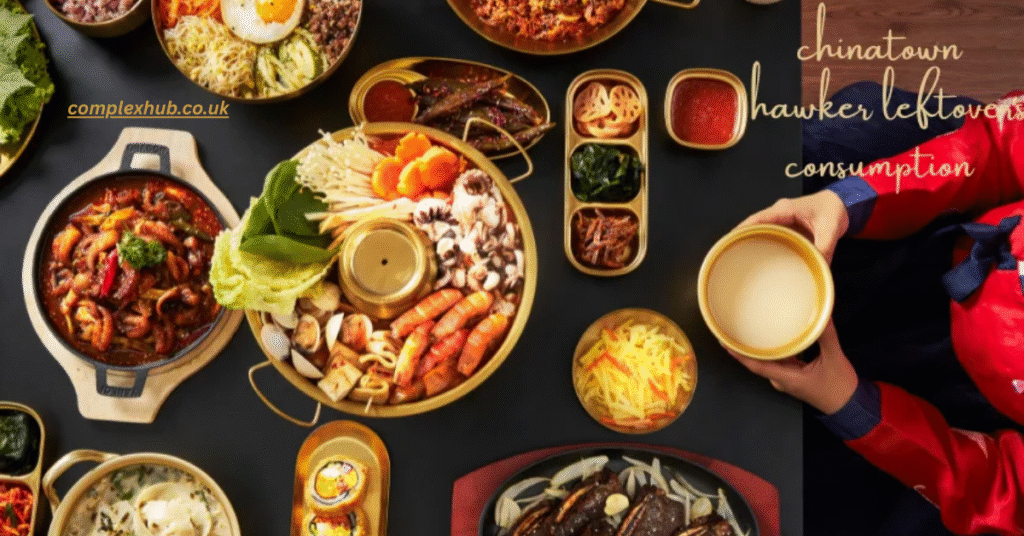
Health Implications and Expert Opinions
While intentions may be noble, health professionals warn of potential food hygiene risks. Leftover food exposed to open environments can quickly become breeding grounds for bacteria. Food poisoning, especially in elderly individuals with weaker immune systems, can lead to serious complications.
Daniel Tay, founder of the Freegan in Singapore movement, acknowledged the heart behind these actions but cautioned against consuming abandoned food. “We discourage it for hygiene reasons,” he noted. Instead, he advocates for community fridges and structured redistribution systems that ensure food safety concerns are addressed.
Freeganism and Its Role in Singapore’s Food Culture
Freeganism, a movement embracing minimal consumerism and food scavenging, is gaining attention in Singapore. Led by advocates like Daniel Tay, it promotes salvaging edible food from waste streams—ethically and safely. While some aspects involve dumpster diving, others include partnerships with supermarkets and bakeries to rescue unsold items.
The actions of elderly individuals at People’s Park Centre mirror the freegan ethos, albeit informally. It underscores how anti-food waste movements are not exclusive to youth or eco-activists; they’re also embodied by seniors acting on lived wisdom and instinctual ethics. This blending of generations deepens the richness of Singapore’s evolving food culture.
Public Perception and Social Implications
Public response has been a mixture of concern, respect, and discomfort. Some Singaporeans worry about public health risks, while others admire the resilience and principles of those choosing not to waste food. Social media comments reflect both sides, with calls for more compassionate policies and enhanced public education.
Yet, there exists a social stigma of scavenging. In a developed nation like Singapore, the image of elderly people eating others’ leftovers unsettles many. It forces society to confront assumptions about poverty, dignity, and the responsibility we share in shaping community dining habits.
Recommendations for Safe Food Consumption Practices
To balance compassion with safety, experts suggest structured community solutions. Initiatives like community fridges, charity-run food banks, and regulated food sharing platforms can safely redirect surplus food to those in need.
Additionally, the government and food vendors can play proactive roles in food hygiene education, improving tray return area management, and increasing awareness around ethical consumption. Empowering individuals—young and old alike—to contribute responsibly to urban food sustainability should be the goal.
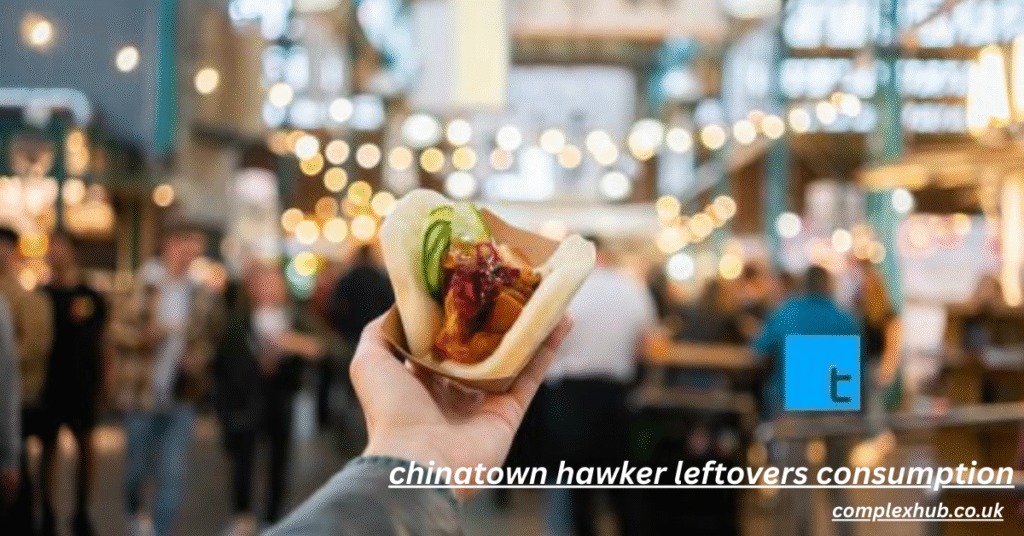
Final Thoughts
The practice of consuming leftovers at Chinatown’s hawker centres is a powerful, if controversial, lens into Singaporean life. It blends themes of dignity, survival, sustainability, and ethics. While public health concerns are real, so too are the motivations of those driven by deep respect for food.
Ultimately, the conversation sparked by Shin Min Daily News, Mr. Wang’s story, and voices like Daniel Tay reflects a society engaging with difficult yet meaningful questions. How do we care for our elderly? How do we value food? And how can we create systems that are both safe and compassionate?
Singapore has the opportunity to lead—not just in managing waste, but in inspiring how we honour food and humanity in every meal.
Frequently Asked Questions (FAQs)
1. Why are elderly individuals eating leftovers at hawker centres in Singapore?
Many are motivated not by poverty, but by a desire to avoid food waste. Individuals like Mr. Wang believe in ethical consumption and are emotionally disturbed by the sight of untouched food being discarded.
2. Is it safe to eat leftover food from tray return areas?
Health experts strongly discourage this due to potential food hygiene risks and food poisoning. Food left out in the open can harbor harmful bacteria.
3. What is freeganism, and how is it relevant to this issue?
Freeganism is a movement that minimizes waste by salvaging usable items, especially food. Though informal, elderly leftover consumption aligns with freegan values of anti-food waste and ethical redistribution.
4. What solutions exist to reduce food waste safely in Singapore?
Efforts like community fridges, food banks, and structured redistribution initiatives help reduce food waste while ensuring safety and dignity.
5. What role do hawker centres play in food sustainability?
Hawker centres are cultural and culinary landmarks. Improving their tray return areas, educating the public, and integrating waste-reduction systems can turn them into hubs of urban food sustainability.
read more: Price Charalabush
